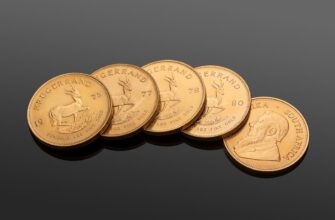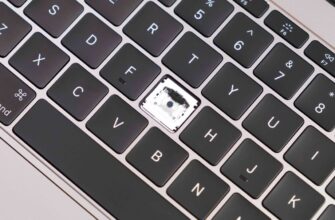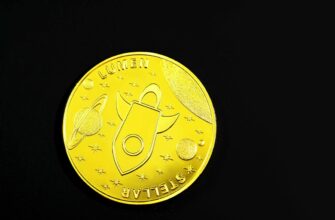What Are Bitcoin Airdrops and Why Do They Matter?
Bitcoin airdrops are free distributions of cryptocurrency tokens to wallet addresses, often used by blockchain projects to boost awareness, reward early supporters, or decentralize ownership. Unlike scams promising “free Bitcoin,” legitimate airdrops require specific actions but never ask for private keys or upfront payments. With Bitcoin Layer-2 solutions like Stacks and RSK gaining traction, airdrops offer real opportunities—if you know how to navigate them safely.
Why Projects Launch Legitimate Bitcoin Airdrops
Understanding the motives behind airdrops helps identify genuine opportunities:
- Community Building: Projects airdrop tokens to engage users and grow their ecosystem.
- Decentralization: Distributing tokens widely prevents centralization of governance or ownership.
- Marketing: Airdrops create buzz for new protocols, especially Bitcoin sidechains or DeFi integrations.
- Rewarding Loyalty: Existing holders of related tokens (e.g., Ordinals NFTs) may receive free allocations.
How to Find Legitimate Bitcoin Airdrops
Spotting real airdrops requires vigilance. Follow these trusted methods:
- Monitor Official Channels: Follow project Twitter accounts, Discord servers, and GitHub repositories. Legit teams announce airdrops via authenticated social media.
- Use Aggregator Sites: Platforms like Airdrop Alert or CoinMarketCap’s airdrop section curate vetted opportunities—cross-check with project sources.
- Engage in Reputable Communities: Subreddits like r/CryptoAirdrops or BitcoinTalk forums often share verified leads.
- Research the Project: Check if the team is doxxed (public identities), has a working product, and transparent tokenomics. Avoid anonymous teams.
Step-by-Step Guide to Earning Bitcoin Airdrops Legitimately
Follow this process to participate safely:
- Set Up a Secure Wallet: Use non-custodial wallets like Sparrow Wallet or Leather (for Stacks). Never share your seed phrase.
- Complete Required Tasks: Legit airdrops may ask you to:
- Join a Telegram group or retweet a post
- Hold a minimum of Bitcoin or specific tokens
- Test a beta dApp on a Bitcoin sidechain
- Provide a Public Address: Submit only your public wallet address—never private keys.
- Verify Authenticity: Confirm the airdrop link matches the project’s official domain (watch for typos!).
- Wait for Distribution: Tokens may take weeks or months to arrive. Track via blockchain explorers.
Essential Tips to Avoid Bitcoin Airdrop Scams
Protect yourself with these red flags:
- Never Pay to Participate: Legit airdrops are free. Any “gas fee” request is a scam.
- Reject DM Offers: Scammers impersonate admins via direct messages. Official teams won’t contact you first.
- Check Contract Addresses: Verify token contracts on explorers like Blockstream Explorer before interacting.
- Use Dedicated Wallets: Isolate airdrop activities from main holdings to minimize risk.
Frequently Asked Questions (FAQs)
Q: Are Bitcoin airdrops really free?
A: Yes, legitimate ones distribute tokens at no cost. You only pay blockchain transaction fees if claiming requires an action.
Q: Can I earn Bitcoin directly from airdrops?
A: Rarely. Most distribute tokens tied to Bitcoin ecosystems (e.g., Stacks’ STX or BRC-20 tokens), which can be traded for BTC.
Q: How much can I earn from a legit Bitcoin airdrop?
A: Earnings vary—some airdrops distribute $10-$500 worth of tokens. High-value drops often target active network participants.
Q: Do I need KYC for Bitcoin airdrops?
A: Most decentralized airdrops don’t require KYC. Be wary if personal documents are requested.
Q: How do taxes work for airdropped tokens?
A: Many countries treat airdrops as taxable income. Consult a tax professional for guidance.
By focusing on transparency, security, and due diligence, you can safely explore Bitcoin airdrops. Stay updated through credible sources, and never compromise your wallet’s security for “free” offers.








